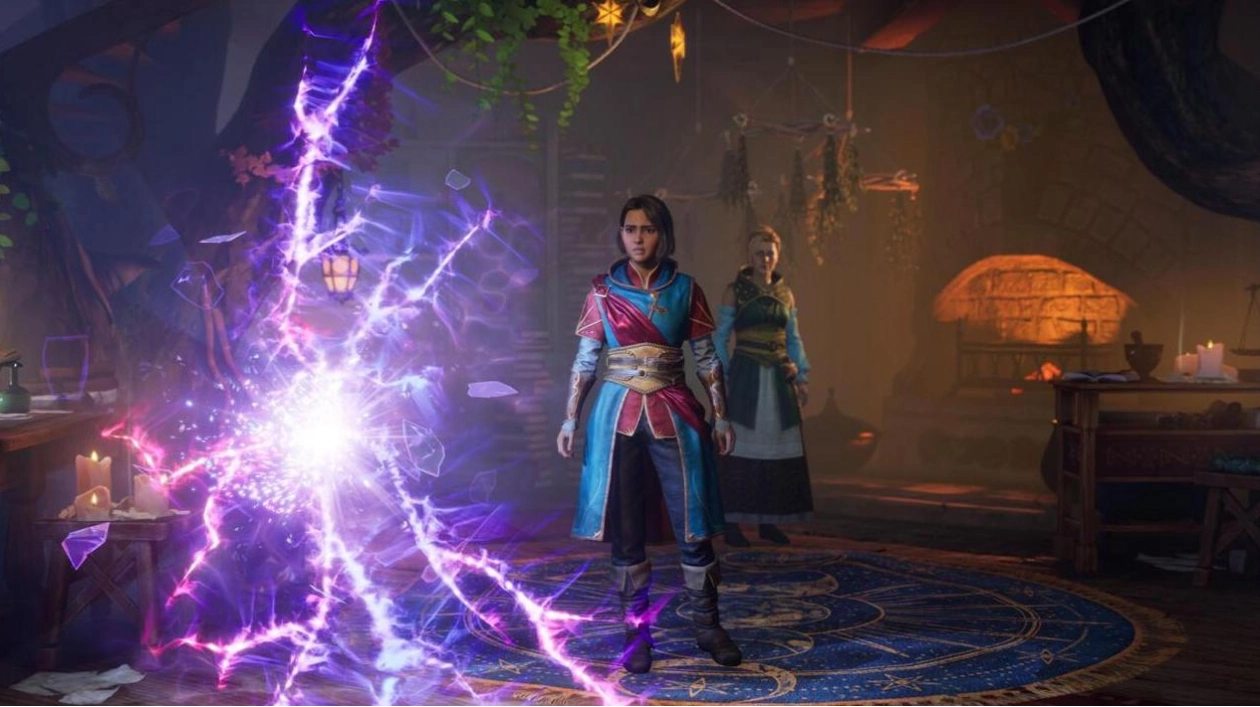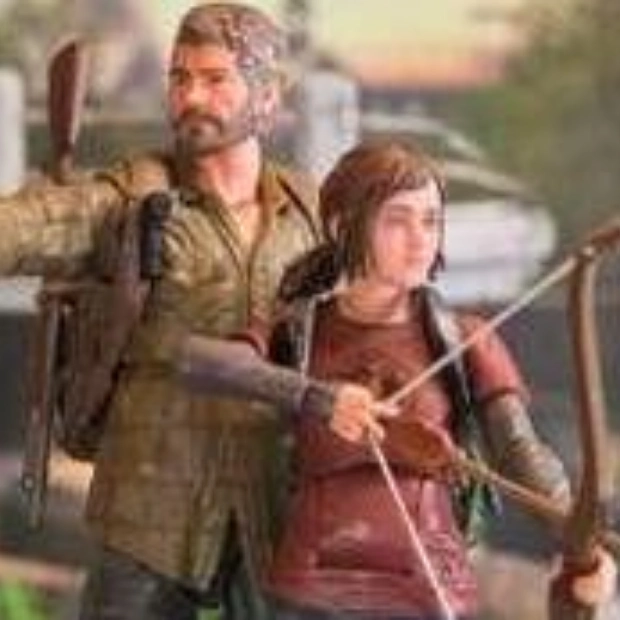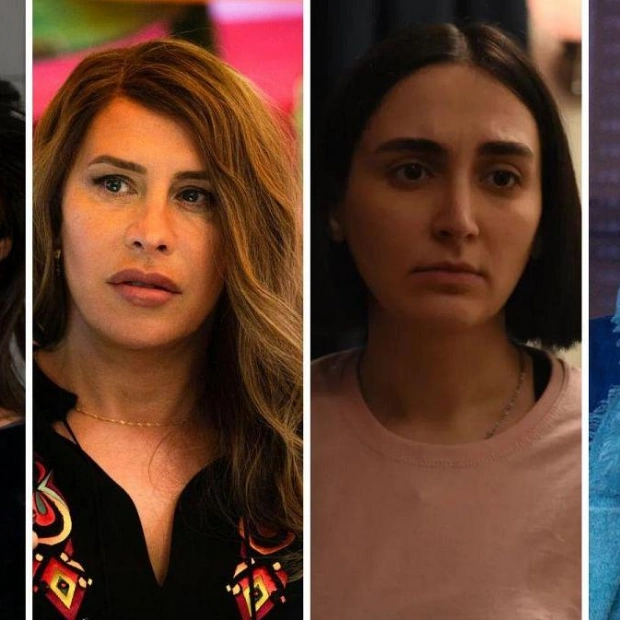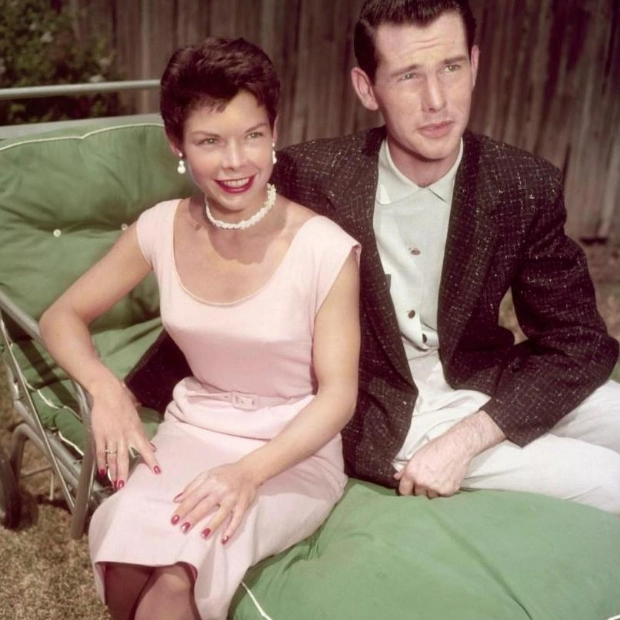Before its official unveiling at The Game Awards, I had the opportunity to play around an hour of Split Fiction alongside Hazelight Studios founder Josef Fares. We jumped through the opening hours, explored a few side quests, and experienced some mid-story moments. Fares even demonstrated a portion of the game that I'm not allowed to discuss in detail, except to say that I played it and found it incredibly impressive. It's truly mind-blowing how video games can achieve such incredible feats.
Similar to Hazelight's previous titles, A Way Out and It Takes Two, Split Fiction is a mandatory two-player cooperative game. This time, instead of playing as escaped convicts or divorcing parents, you take on the roles of two aspiring writers: Mio and Zoe. Both join a new publishing program where writers are virtually transported into the worlds they've created. These simulated stories are then taken by the publisher and shared with the world. However, the tech company behind this program has questionable ethics. When Mio attempts to leave against their wishes, she accidentally ends up in Zoe's story. The two discover they can cross between each other's stories, using this ability to escape their deadly fantasies before the publisher steals their memories.
The standout feature of Split Fiction is that Mio is a sci-fi writer, while Zoe loves high fantasy, resulting in very different mechanics in their respective worlds. In Mio's sci-fi world, players don mech suits, control gravity, wield laser swords, and shoot plasma rifles. In contrast, Zoe's fantasy world involves raising dragons, gaining druidic wildshaping abilities, and casting spells. Like the protagonists of It Takes Two, Mio and Zoe don't share abilities beyond basic platforming mechanics, requiring players to collaborate to progress through each level.
Split Fiction has a more upbeat tone compared to It Takes Two, embracing buddy-cop movie tropes. Mio, a sci-fi enthusiast, finds fantasy silly, while Zoe, a fantasy lover, thinks sci-fi is loud and terrible. Mio hails from the city, while Zoe is from the countryside—they're complete opposites. During the preview, I witnessed their argumentative first meeting, awkward initial attempts at teamwork, and how their constant bickering evolved into friendly teasing. The experience felt sweet, and I found myself laughing and enjoying the gameplay. I'm excited to see the full adventure unfold at its intended pace rather than condensed into an hour.
Fares also showed me a few side stories, which are optional, one-off quests with unique mechanics that aren't reused elsewhere in the game. These side stories delve into Zoe and Mio's pasts, featuring tales they worked on as kids, teens, or started as adults but never completed. My favorite of Zoe's side stories involved racing down a mountain on snowboards, while my favorite of Mio's was a 2D adventure across a lined notebook page, where Zoe (as a child) constantly crossed out and scribbled new words, altering the weapons and enemies in the game. The Game Awards trailer highlights dozens of these sci-fi and high-fantasy stories, each with its own gameplay loop. Some are serious, others silly, and a few have the potential to be deeply emotionally rewarding.
Most importantly, I left my time with Split Fiction thoroughly impressed. The power of current-gen consoles is evident, as transitioning between the sci-fi and fantasy worlds feels seamless. While I can't discuss everything I saw, the secret portion I played was, quite frankly, astonishing. Unless I happened to see the only impressive hour of an otherwise mediocre game (which seems unlikely, but it's worth noting that previews don't always reflect the full experience), Split Fiction is definitely a game to watch. Fans are in for a treat with this one.
Split Fiction is scheduled to launch for Xbox Series X|S, PS5, and PC on March 6, 2025.
Source link: https://www.gamespot.com






